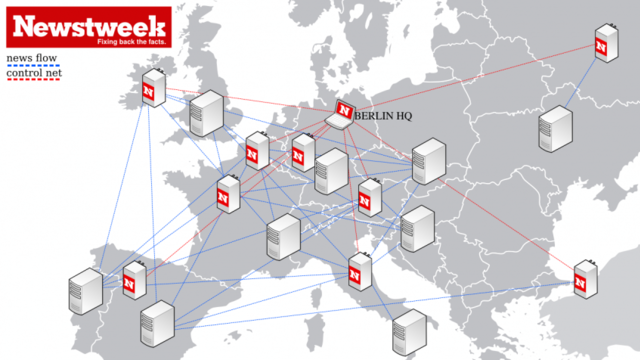Art and the Human
The punk band Pussy Riot, which I belong to, is a musical group that conducts unexpected performances in different urban spaces. Pussy Riot's songs address topical political issues. The interests of the group members are: political activism, ecology, and the elimination of authoritarian tendencies in the Russian state system through the creation of the civil society.
Read
